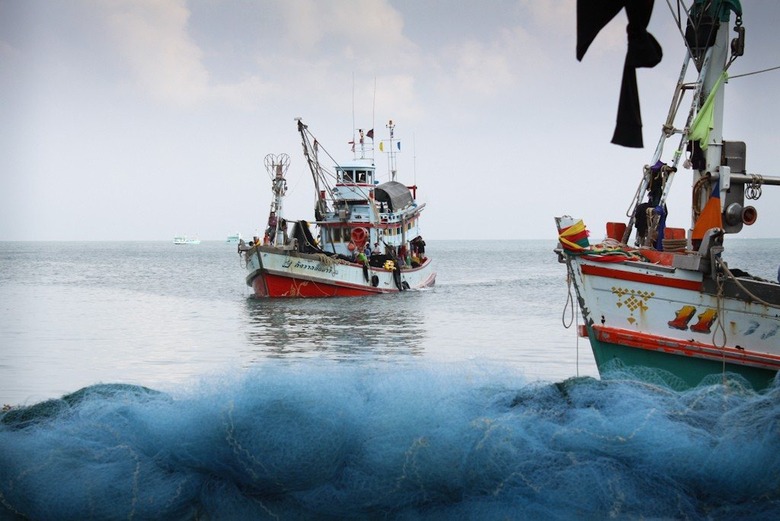Slave Labor-Dependent Seafood Officially Banned By US Congress
The United States Congress has officially banned the importation of goods produced by forced labor, closing a nearly century-old loophole that allowed for American consumption of goods like slave-caught seafood and child labor-mined gold.
The bill, which will be reviewed by President Obama later this week and is expected to be signed into law, is a victory for the sustainable seafood industry, which has fought for decades for public support against the efficiency and low cost of fish from Thailand, which exports seafood all over the world.
A year-long investigation conducted by The Associated Press in 2015 found that Thai fishing companies were relying on the forced labor of hundreds of Burmese fishermen to meet the global demand for seafood, most of whom worked up to 22 hours a day for little or no pay.
The men had all been promised jobs in Thailand, but were instead held captive on a small Indonesian island. During the course of the investigation, some men were found locked in a "company cage" for disciplinary reasons.
The U.S. was found to be the leading consumer of seafood imported from Thailand, largely because of the supply chains used by pet food brands like Fancy Feast and Meow Mix. Several major American retailers — including Whole Foods, Costco, and Wal-Mart — were also found to use supply chains that relied on enslaved fishermen.
Earlier this year, under threat of a costly import ban by the EU, the Thai government finally began closing some of its illegal seafood factories, though it is unclear how many forced labor operations remain intact.
President Obama, who has pledged to fight seafood fraud and illegal fishing, and has been supportive of efforts to increase seafood traceability, will review the bill later this week. The bill also brings into question how companies like Nestlé, which has been accused of using slave labor in both its seafood and chocolate supplies, will operate within the U.S.
Speaking to press in Washington, democratic Senator Ron Wyden called the loophole "obscene."
"It's an outrage this loophole persisted for so long," Wyden said. "No product made by people held against their will, or by children, should ever be imported to the United States."
